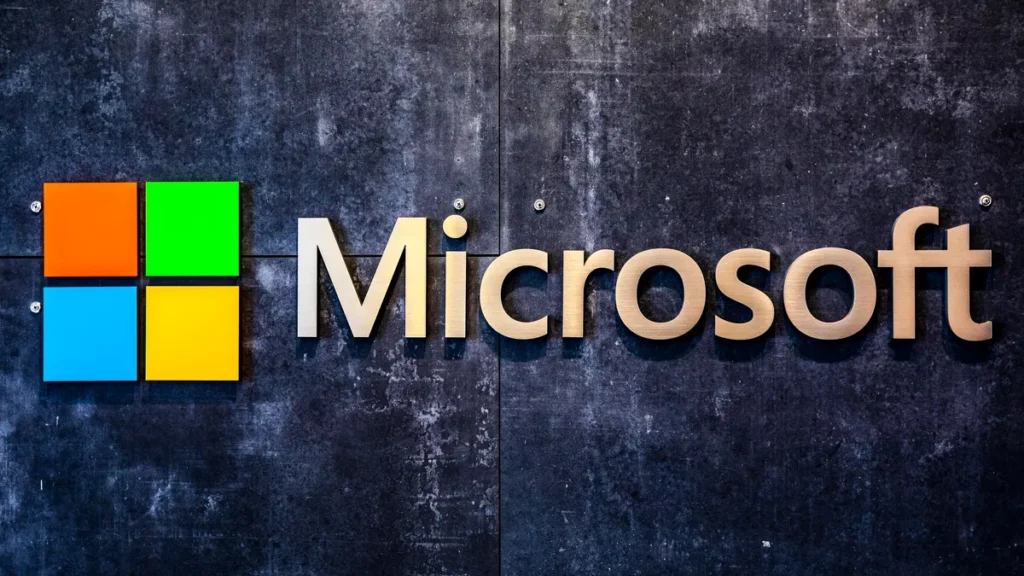Microsoft has officially released its latest language model, Phi-4, on the AI repository Hugging Face. The model is available under the permissive MIT license, enabling developers, researchers, and businesses to use it freely—a major milestone in democratizing AI innovation.
Unveiled in December 2024, Phi-4 has gained attention for its advanced capabilities despite its compact size. Its release on Hugging Face broadens accessibility, proving that powerful models can thrive without requiring extensive infrastructure.
From Azure to Open Access
Initially confined to Azure AI Foundry, Microsoft’s development platform for AI-driven solutions, Phi-4’s exclusivity created significant interest among the AI community. Many were eager to experiment with the model, with some even resorting to uploading unauthorized versions on Hugging Face.
Microsoft’s AI Principal Research Engineer, Shital Shah, addressed this demand on social media, stating:
“We have been completely amazed by the response to phi-4 release. A lot of folks had been asking us for weight release. Few even uploaded bootlegged phi-4 weights on Hugging Face. Well, wait no more. We are releasing today official phi-4 model on Hugging Face!”
The official release not only eliminates the need for unauthorized versions but also provides a reliable and legitimate channel for developers worldwide.
Why Phi-4 Stands Out
Phi-4 represents a turning point in AI development, emphasizing efficiency and accessibility over sheer size.
Key Benefits of Phi-4:
- Compact and Energy-Efficient
Phi-4’s lightweight architecture enables it to perform effectively on consumer-grade hardware, eliminating the need for costly server infrastructure. Its reduced energy consumption aligns with the tech industry’s push for sustainability and green computing. - Advanced Mathematical Reasoning
Phi-4 excels in tasks requiring mathematical reasoning, achieving an impressive 80.4 on the challenging MATH benchmark. This positions it as a valuable tool in industries like finance, engineering, and data analytics. - Specialized Applications
Trained on curated datasets, Phi-4 is highly accurate for domain-specific tasks, such as auto-filling forms and generating tailored content. It’s particularly effective in fields like healthcare and customer service, where compliance, speed, and accuracy are essential. - Enhanced Safety Features
By leveraging Azure AI’s Content Safety tools, Phi-4 incorporates features like prompt shields and protected material detection, reducing risks associated with adversarial prompts and ensuring safer deployment.
Democratizing AI for Businesses
Phi-4’s affordability and efficiency make it an ideal choice for mid-sized enterprises looking to integrate AI into their operations. By reducing the barriers of cost and complexity, Microsoft opens opportunities for businesses to automate processes and boost productivity.
Innovative Training Techniques
The model’s development combines synthetic datasets with curated organic data, enhancing its capabilities while addressing challenges with data availability. This approach balances scalability with precision, setting a new standard for future AI models.
A Model for the Masses
Phi-4’s release under the MIT license reflects Microsoft’s commitment to democratizing AI. Developers can freely use, modify, and redistribute the model, fostering innovation and collaboration across the AI ecosystem.
This step mirrors broader trends in the industry, where accessibility and sustainability are becoming key drivers of AI adoption. As organizations across sectors embrace AI, models like Phi-4 demonstrate that smaller, efficient technologies can deliver high-impact results.
Phi-4 could also influence the AI field’s shift toward more environmentally conscious practices, proving that smaller models can excel without the resource intensity of larger counterparts.
Final Thoughts
Microsoft’s Phi-4 showcases the potential of compact, efficient AI models to meet industry needs while addressing challenges of cost and sustainability. By empowering developers with accessible tools, it represents a shift toward a more inclusive and innovative AI ecosystem.
Smaller models like Phi-4 may mark the beginning of a new era in AI—one where efficiency and accessibility take precedence over size.
Sources: https://www.artificialintelligence-news.com/news/microsoft-releases-phi-4-language-model-hugging-face/, https://www.cnet.com/culture/microsofts-office-365-is-now-microsoft-365-a-subscription-for-your-life/






